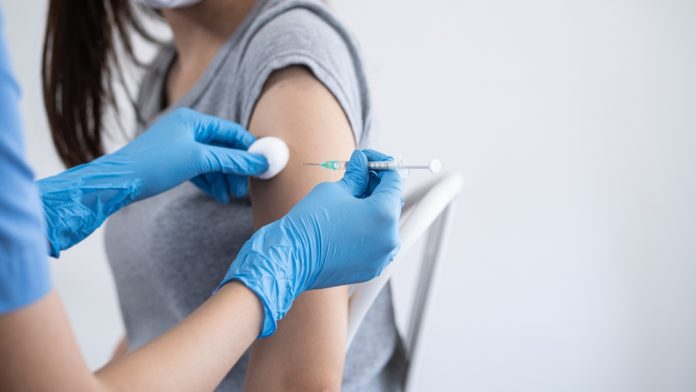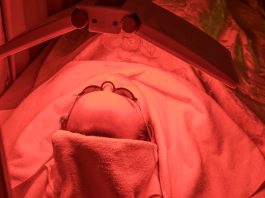A recent World Health Organization (WHO) report reveals that increasing vaccine utilisation could lead to a 22% reduction in global antibiotic use, amounting to 2.5 billion fewer defined daily doses each year.
The report highlights how both existing and future vaccines could play a vital role in the global fight against antimicrobial resistance (AMR).
The WHO report, titled ‘Estimating the Impact of Vaccines in Reducing Antimicrobial Resistance and Antibiotic Use‘, provides stakeholders with targeted recommendations to amplify vaccines’ impact on AMR.
It reviews 44 vaccines targeting 24 pathogens, including 19 bacterial, four viral, and one parasitic infection, offering insights into the varied syndromes and age groups affected.
The report also stresses that a comprehensive approach involving prevention, diagnosis, and treatment across healthcare systems is necessary to combat AMR.
Vaccination is core to this strategy, particularly when combined with other interventions aimed at managing infections and curbing resistance.
Understanding AMR and its global impact
Antimicrobial resistance occurs when bacteria, viruses, fungi, or parasites no longer respond effectively to antimicrobial medications, leading to tougher-to-treat infections, increased illness, and heightened death rates.
Misuse and overuse of antibiotics drive AMR, yet millions worldwide lack access to essential antimicrobial medications. According to WHO data, approximately five million deaths annually are linked to AMR, underscoring the need for a robust global response.
Vaccines, which prevent infection and reduce the need for antibiotics, have emerged as a central strategy to combat AMR.
By stopping infections before they start, vaccines not only reduce antibiotic use but also slow the spread of drug-resistant pathogens, helping to address a significant global health crisis.
Current vaccines are already making an impact
The report expands on a previous WHO study, estimating that vaccines against pathogens such as pneumococcus pneumonia, Haemophilus influenzae type B (Hib), and typhoid could prevent up to 106,000 AMR-related deaths annually.
These vaccines are already available and effective, though their use remains below optimal levels in many regions. Pneumococcus and Hib vaccines, for example, prevent respiratory infections, meningitis, and other serious illnesses that can lead to antibiotic treatment.
Expanding these vaccinations globally could significantly reduce the need for antibiotic use, providing a powerful and cost-effective tool in the battle against AMR.
The promise of new vaccines for tuberculosis and Klebsiella pneumoniae
The WHO report also emphasises the urgent need for new vaccines targeting pathogens like tuberculosis (TB) and Klebsiella pneumoniae, which are major contributors to AMR.
If new vaccines were developed and deployed against these pathogens, an additional 543,000 AMR-related deaths could be averted each year.
While clinical trials are underway for TB vaccines, a vaccine for Klebsiella pneumoniae is still in the early stages of development. However, once available, these vaccines could save millions of lives, substantially reduce antibiotic usage, and further slow AMR’s advance.
Vaccines: A cost-effective solution to combat AMR
In addition to preventing illness, vaccines could dramatically reduce the economic burden of AMR. The report estimates that antibiotic-resistant infections cost the global healthcare system around $730bn annually.
By reducing the prevalence of these infections, widespread vaccination could save roughly one-third of these hospital-related costs, freeing up resources for other healthcare needs.
Vaccines against certain infections could also save millions of antibiotic doses each year. For instance, Streptococcus pneumoniae vaccines, if given to 90% of the world’s children and older adults, could save an estimated 33 million antibiotic doses annually.
Accelerating typhoid vaccine rollouts in high-burden regions could save 45 million doses, while vaccines for malaria could prevent 25 million antibiotic doses.
Prioritising vaccines to protect global health
As the AMR crisis continues to threaten global health, vaccines present a proactive, scalable solution to reduce antibiotic use and slow resistance.
By expanding existing vaccine programs and prioritising the development of new vaccines, nations can address AMR and protect millions of lives, alleviating both health and economic burdens.









